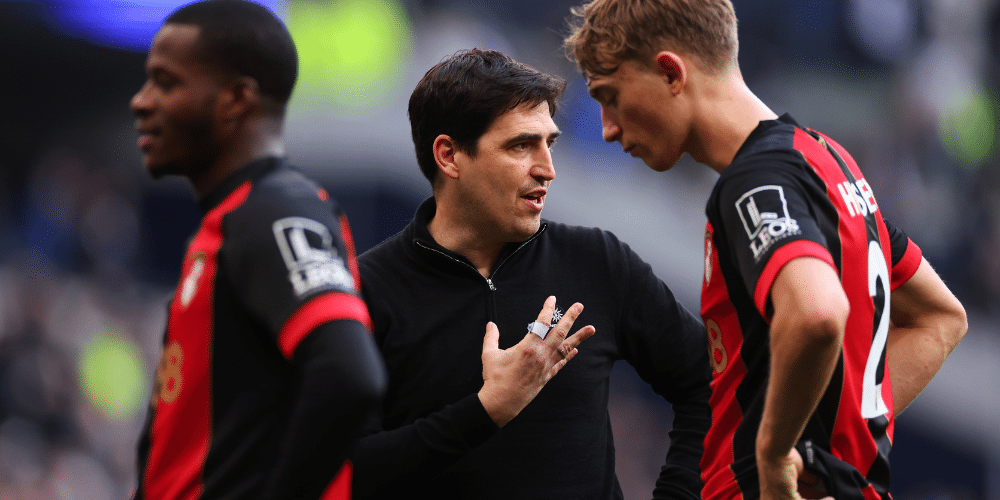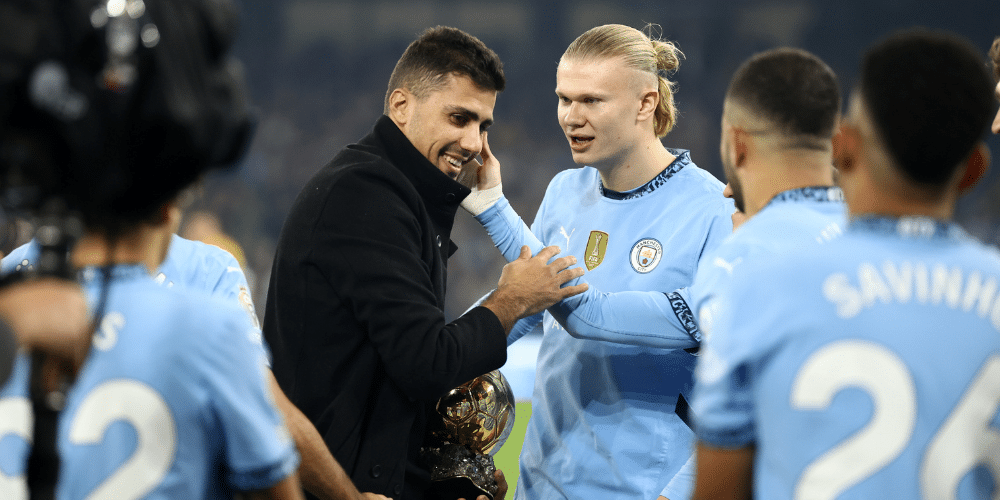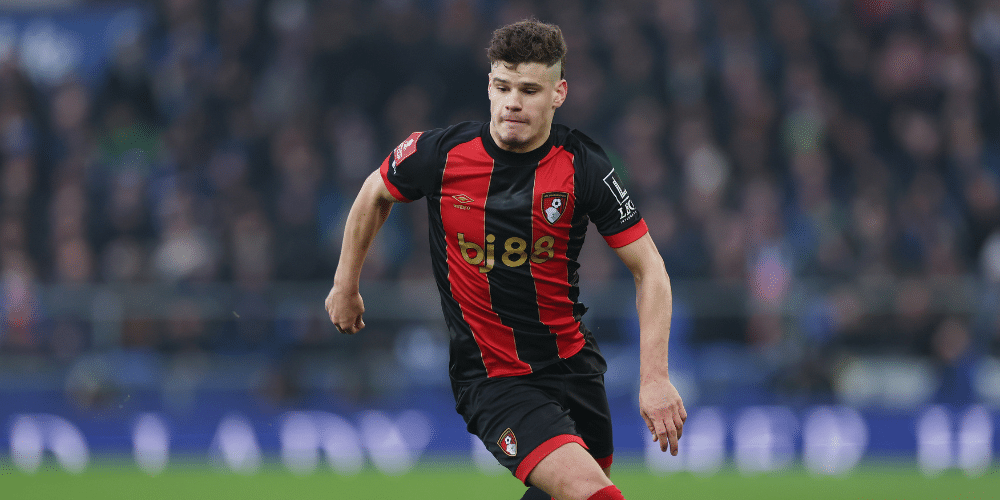The world of football, particularly in the UK, is a dynamic theatre where dreams, drama, and fortunes play out on a grand stage. But as exhilarating as it is, it’s also a complex arena that relies heavily on diverse financial sources to maintain its operations.
One of the hotly debated questions within this sphere is: Does the UK football scene entirely rely on donors to justify their spending?
To answer this question, one needs to understand the multiple avenues of income for football clubs and how these financial sources interplay within the broader economy of football. Importantly, while the term ‘donors’ is used, it might be more accurate to say ‘investors’ or ‘owners’ in this context.
Although occasionally gifts or donations occur, these are often minor compared to the significant investments by wealthy individuals, consortiums, or corporations.
Primary Income Sources
Firstly, let’s delve into the primary income sources for UK football clubs:
- Matchday Revenue: This income stems from ticket sales, hospitality packages, food, drink, and merchandise sold on matchdays. Although significant, its proportion of total revenue has generally decreased over the years due to the growth of other income streams.
- Broadcasting Rights: With the advent of digital technology and globalisation, broadcasting rights have become a significant revenue source for clubs, especially in the Premier League. The international broadcast of matches means that clubs can generate substantial income from television networks worldwide.
- Commercial Deals: This category includes sponsorship agreements, partnerships, and licensing deals. High-profile clubs often attract significant commercial deals due to their global popularity.
- Player Sales: While not a primary source of income, the sale of players can sometimes bring in substantial profits, particularly for clubs with a strong youth development programme or those good at identifying undervalued talent.
- Investment or Donations: Wealthy owners or investors often infuse their personal wealth into clubs, either as loans, equity, or less commonly, as gifts.
Dependency on Donor Funding
Each of these revenue sources is critical in its own right, but it’s the balance and combination of them that determines the financial health of a football club.
The term ‘donors’ typically refers to the personal wealth of club owners or investors, who often finance part of the club’s operations, player acquisitions, or infrastructural development. The degree to which a club relies on this kind of ‘donor’ funding varies dramatically across the spectrum of UK football.
Premier League behemoths like Manchester United, Liverpool, and Arsenal have diverse revenue streams and massive global fan bases, ensuring that their dependence on owner funding is comparatively lower.
Their revenue is primarily driven by matchday income, broadcasting rights, and lucrative commercial deals. Conversely, smaller clubs with less global appeal, even within the Premier League, may rely more heavily on their owners’ contributions.
Interestingly, there’s a correlation between club ownership and reliance on ‘donor’ money. Clubs owned by wealthy individuals or corporations, such as Chelsea under Roman Abramovich or Manchester City under Sheikh Mansour, have indeed seen substantial investment from their owners.
However, it’s crucial to remember that this is often an investment rather than a donation. Owners invest in players and facilities expecting that success on the pitch will translate to increased revenue from other sources over the long term.
Football Beyond the Premier League
While these high-profile examples might lead one to think that UK football is dependent on such investors, the reality across the broader football pyramid is quite different. Lower league clubs generally rely much more on traditional sources of income like matchday revenue and, increasingly, community-oriented initiatives and fan ownership.
They are far more reliant on their local fan bases, who provide financial support through ticket sales, merchandise, and sometimes direct investment.
Crucially, the dependence on ‘donor’ money can sometimes create problems for clubs. If the owner decides to sell or can no longer finance the club’s spending, it can lead to financial instability or even insolvency. This is a critical risk that clubs and governing bodies must manage.
Interestingly, the finance of UK football intersects with other sectors of the economy, including gambling. Much like online casinos, football clubs operate in a high-stakes environment with large potential rewards and risks. Football clubs and online casinos alike depend on a combination of skill, judgement and occasionally, a measure of luck.
They’re also united by the considerable role of finance. Many football clubs have sponsorship deals with betting companies, and for some, it’s a significant source of income. Learn more from this site about some of the top casinos in the industry.
Conclusion
The UK football scene does not entirely rely on ‘donors’ or owners to justify their spending. While wealthy owners play a crucial role in the finances of certain clubs, particularly in the Premier League, the picture across the whole of UK football is much more diverse.
Clubs draw on a wide variety of revenue sources, and the balance between these varies greatly depending on factors such as the club’s size, league, and ownership structure. Like the gameplay on the pitch, the finances off it require a balanced approach, strategic planning, and the ability to adapt to ever-changing circumstances.


